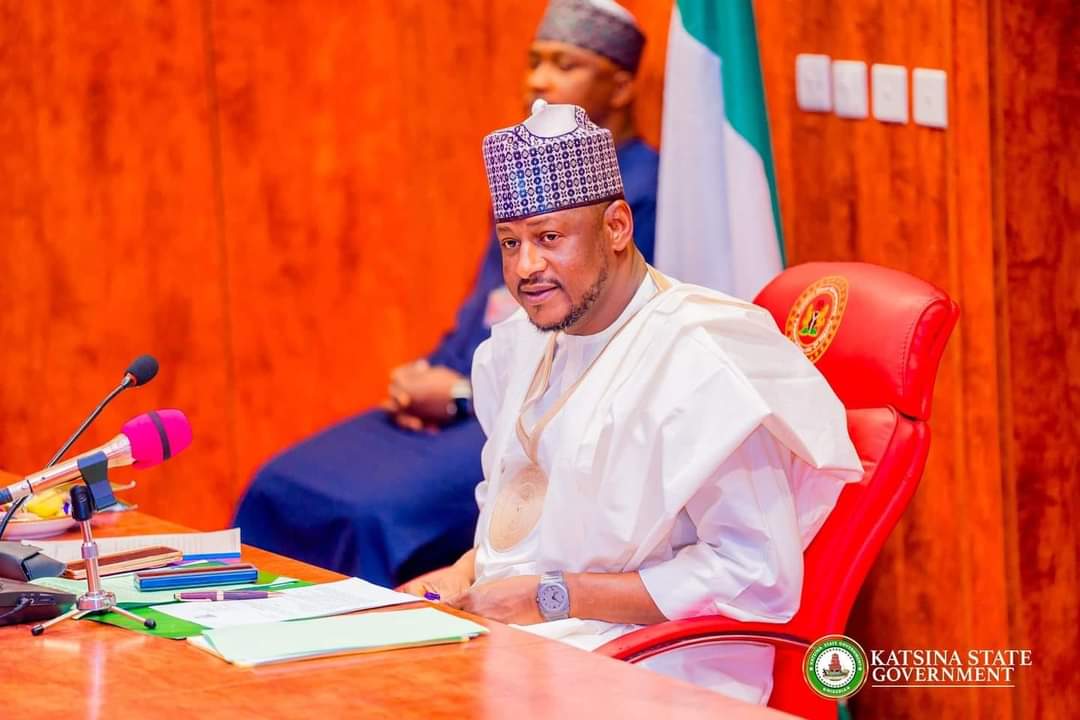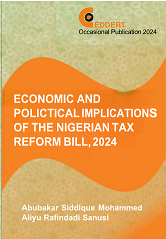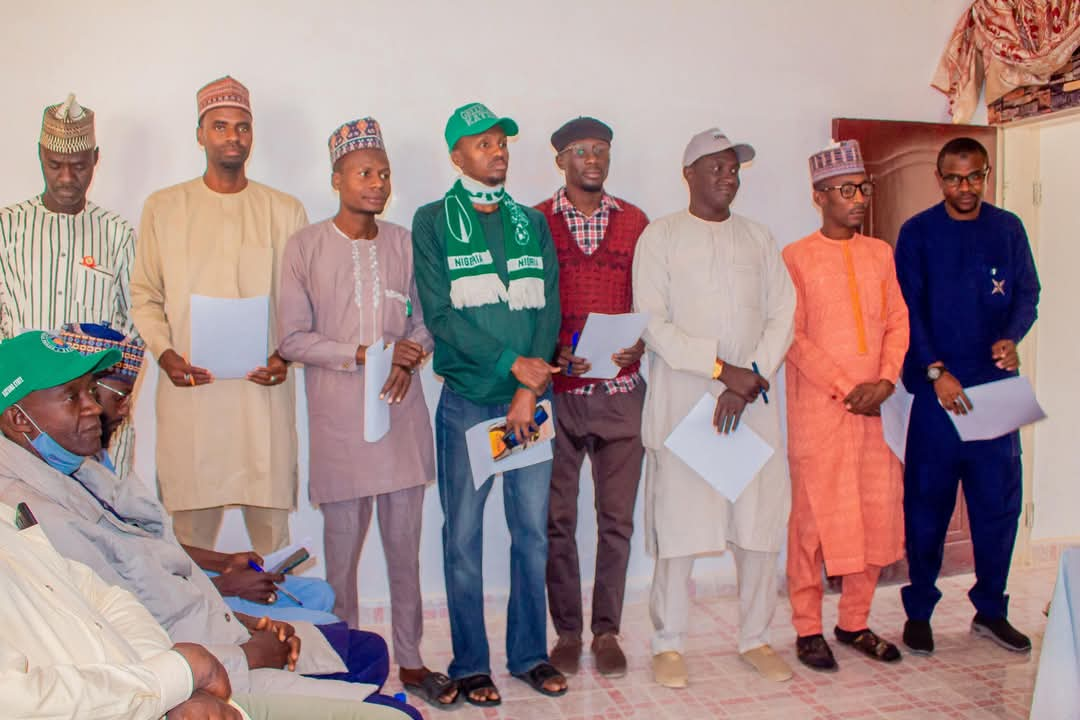KATSINA STATE MINISTRY OF BASIC AND SECONDARY EDUCATION RESPONDS TO MEDIA REPORTS ON 2024 NECO RESULTS

- Katsina City News
- 10 Nov, 2024
- 157
The Katsina State Ministry of Basic and Secondary Education wishes to address recent media reports that have portrayed the state’s performance in the 2024 National Examinations Council (NECO) results in a negative light, emphasizing only the percentage performance while deliberately ignoring other significant indices that reflect positive strides in the state’s education sector.
While it is true that Katsina State’s percentage performance in the 2024 NECO exams shows room for improvement, the report also highlights several key areas where the state excelled. Notably, Katsina State ranked sixth nationally in the number of students who passed the exam with five credits and above, including Mathematics and English. This is a staggering achievement, with 29,633 students meeting this critical benchmark—more than in at least 30 states, including the Federal Capital Territory (FCT) Abuja. In contrast, some states recorded fewer than 10,000 students who passed with five credits, including Mathematics and English.
The 29,633 successful candidates from Katsina State are more than enough to fill the state’s quota in universities and other tertiary institutions for the 2024/2025 academic session. This figure represents a significant increase from the 25,152 candidates who met the same benchmark in 2023, reflecting a remarkable growth of approximately 17.8%.
The media reports also overlooked the commendable performance of male candidates in the 2024 NECO examination and the substantial number of students mobilized and sponsored by the Katsina State government. The administration of Governor Malam Dikko Umar Radda, a former teacher himself, has been proactive in addressing the challenges facing the education sector—many of which were inherited from previous governments.
Upon assuming office, Governor Radda made history with the single largest teacher recruitment drive in the state, employing 7,325 teachers within just three months of his administration. This number includes 5,000 primary school teachers and additional teachers for post-basic schools, significantly reducing the teacher-to-student ratio. What is more interesting about the process was that, all of them were employed after sitting and successfully passing a competency test, thereby curtailing nepotism and favoritism. Furthermore, the state government, in collaboration with BESDA-AF TESS, has trained 17,470 teachers to enhance their capacity and improve the quality of education.
In further commitment to supporting education, Governor Radda's administration paid N450,117,000.00 for 11,671 students to register for the West African Examination Council (WAEC) exams and N63,988,250.00 for 3,110 students to sit for the National Board for Arabic and Islamic Studies (NBAIS) exams. Furthermore, Katsina State Government sponsored a whopping number of 60,351 candidates who sat for NECO exam in Katsina State, and 452 candidates who sat for NABTEB in 2024.
Additionally, the Ministry of Basic and Secondary Education has embarked on the construction and rehabilitation of new secondary schools, with projects valued at over N6.3 billion. The efforts of the Adolescent Girls Initiative on Learning and Empowerment (AGILE) and the World Bank-supported Transforming Education Sector at State Level (TESS) project are also yielding positive results, receiving full support from the state government.
To further improve education quality, the Ministry of Basic and Secondary Education has introduced several reforms, including enrolling all teachers in both primary and secondary schools on a UNICEF-sponsored platform called Teacher Management Information System (TMIS). This system will help the ministry digitize teacher data, identify strengths and weaknesses in the workforce, and inform appropriate policy decisions.
Plans are also underway to conduct competency tests for all principals and vice principals of secondary schools. The outcomes of these tests will guide reappointments and ensure a merit-based approach to school leadership, thereby promoting dedicated and sound leadership in our schools.
The ministry also plans to reintroduce mandatory prep classes for all final-year students, whether boarding or day students, with special coaching arrangements in Mathematics and English. This initiative aims to better prepare students for their final exams and significantly improve their performance.
The Katsina State government acknowledges that challenges remain, but with these ongoing reforms and the unwavering commitment of Governor Dikko Umar Radda’s administration, the narrative in the education sector is changing for the better. The Ministry remains dedicated to providing quality education to all students and ensuring that the future of Katsina State is bright, but once again we wish to remind the public that reforms come gradually.
Signed,
Ministry of Basic and Secondary Education, Katsina State





